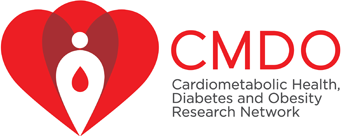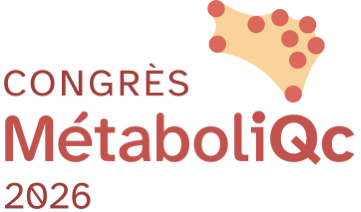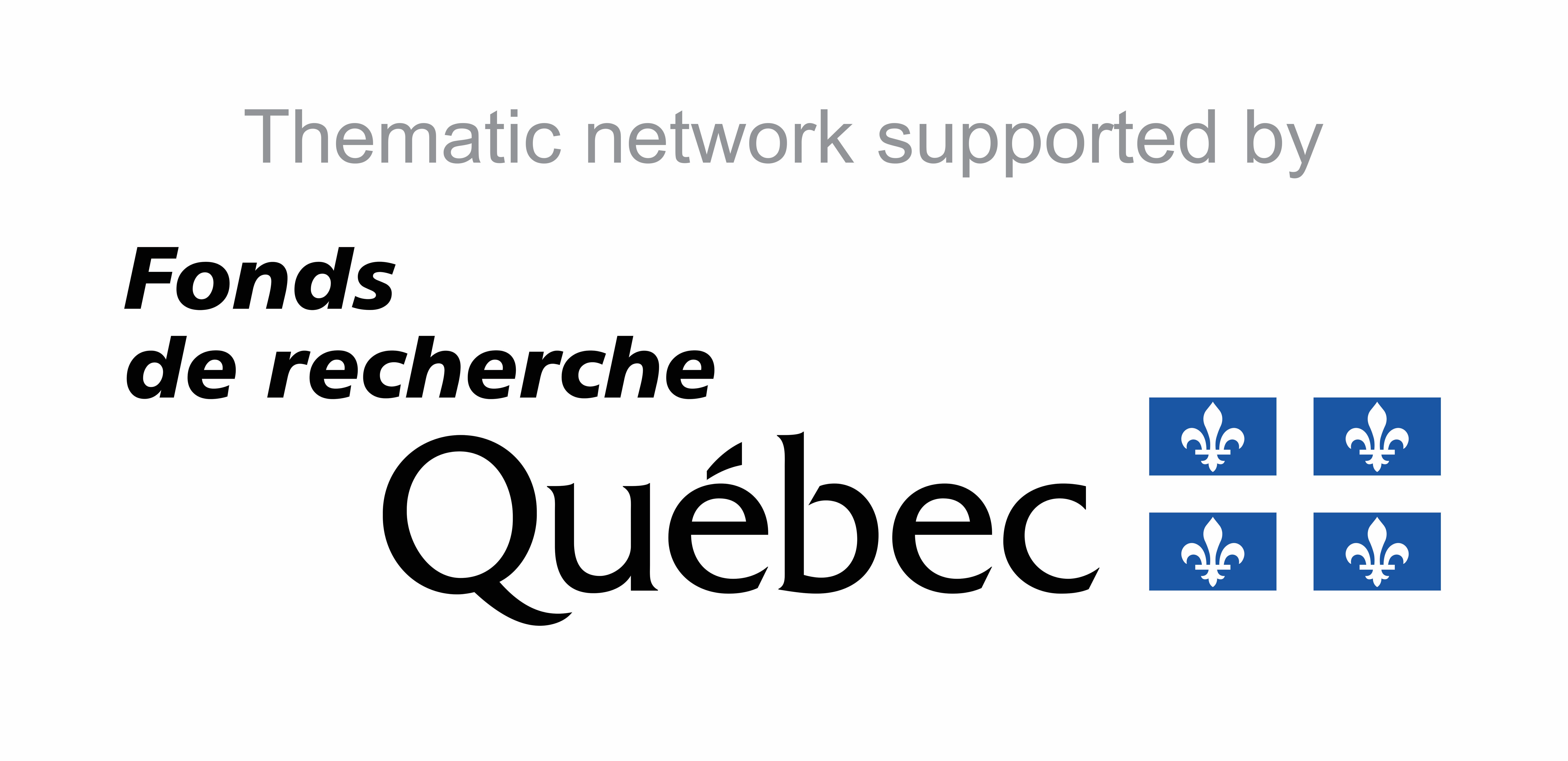Building an information system at the service of decision makers, researchers, stakeholders and Quebecers
Final report of the workshop (28-29 september 2017, Quebec)
Presentation by Serge Hercberg, MD, Ph.D, Principal Investigator, Nutrinet, University Paris 13
On September 28 and 29, 2017, the interactive workshop “Building an information system for decision makers, researchers, stakeholders and Quebecers” was held at Le Bonne Entente hotel in Quebec City. A total of 36 researchers and government partners (please see Appendix 1) came together to lay the groundwork for a major societal project, NutriNet-Santé-Québec.
This project, which is unparalleled in Canada, aims to document Quebecers’ lifestyle habits through the Internet, particularly in the context of the implementation of the government’s preventive health policy (PGPS). Ultimately, NutriNet-Santé-Québec will not only provide a detailed portrait of the lifestyle habits of adult Quebecers (nutrition, physical activity and others) but will also measure the impacts of actions taken by the PGPS over time.
Dr. Benoît Lamarche, Scientific Director of NutriNet-Santé-Québec, and his team spearheaded the workshop. The program began with a presentation by the scientific architect of the NutriNet-Santé project in France, Professor Serge Hercberg. Ms. Martine Pageau, Director of Healthy Lifestyle Promotion Service, and Julie Simard, Director of Public Health Planning and Development Service at the Ministry of Health and Social Services (MSSS), presented their vision of the opportunities offered by a project such as NutriNet-Santé-Québec from a public health perspective.
Subsequently, participants were asked to reflect and provide perspective on the four main themes addressed: 1- unavoidable research issues to address in a project such as NutriNet-Santé-Québec, 2- type of sampling to consider, 3- governance-related issues and considerations and 4- funding opportunities.
First, the research issues that emerged as essential elements to consider in this project are the quality of food supply and diet, physical activity, socio-demographic and health data, lifestyle habits and data on the physical and social environment.
Second, there was a consensus that a fully probabilistic sample is unrealistic. It was suggested to consider aiming for a small probabilistic sample, which could be used to calibrate population-based analyses using data from the non-probabilistic sample.
Third, several stakeholders were identified for the governance structure of the project. There was consensus regarding the importance to consider at least a Steering committee, a Scientific committee, an Executive committee and an International advisory committee. Further work is required to identify the members of each committee.
Fourth, participants submitted funding ideas that were not initially considered.
For any information related to NutriNet-Santé-Québec, please contact Mrs. Catherine Laramée (Catherine.Laramee@fsaa.ulaval.ca)





















